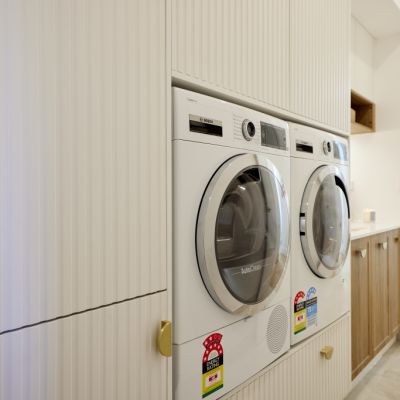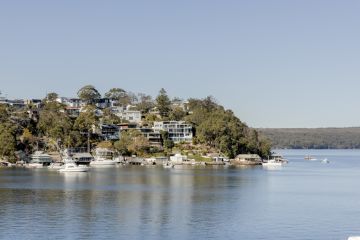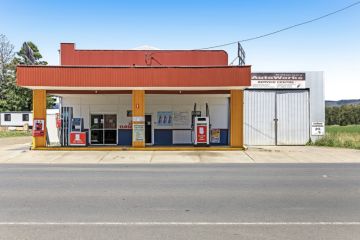How to access rebates and incentives for home energy efficiency upgrades
With household energy prices continuing to soar, more Australians are looking for ways to make their homes more energy efficient, sustainable and cheaper to live in.
But many are held back by the cost of such improvements, which can run into the thousands.
But, did you know governments, in partnership with business, offer a few incentives that help lower the cost?
If you’re a tenant, watch out for upcoming developments. According to a representative of the Department of Climate Change, Energy, the Environment and Water, this includes government investment in community solar battery banks that will help renters and apartment dwellers tap into the benefits. Also in the pipeline are interest-free loans for homeowners to make energy-efficient upgrades.
Check out what’s currently up for grabs in your state.
All states
Small-scale Renewable Energy Scheme (SRES)
Discounts on the cost to buy and install eligible small-scale energy systems including solar (PV) panels, solar water heaters and heat-pump hot water systems. The discount is calculated on what’s called “small-scale technology certificates” (STCs). These vary according to the amount of renewable power the system produces or how much electricity consumption it reduces, your climate zone and installation date. Typically, the scheme covers about a third of the cost, and the discount is organised through an eligible installer. The amount of STCs a system is eligible for decreases every year until 2030, when the scheme ends.
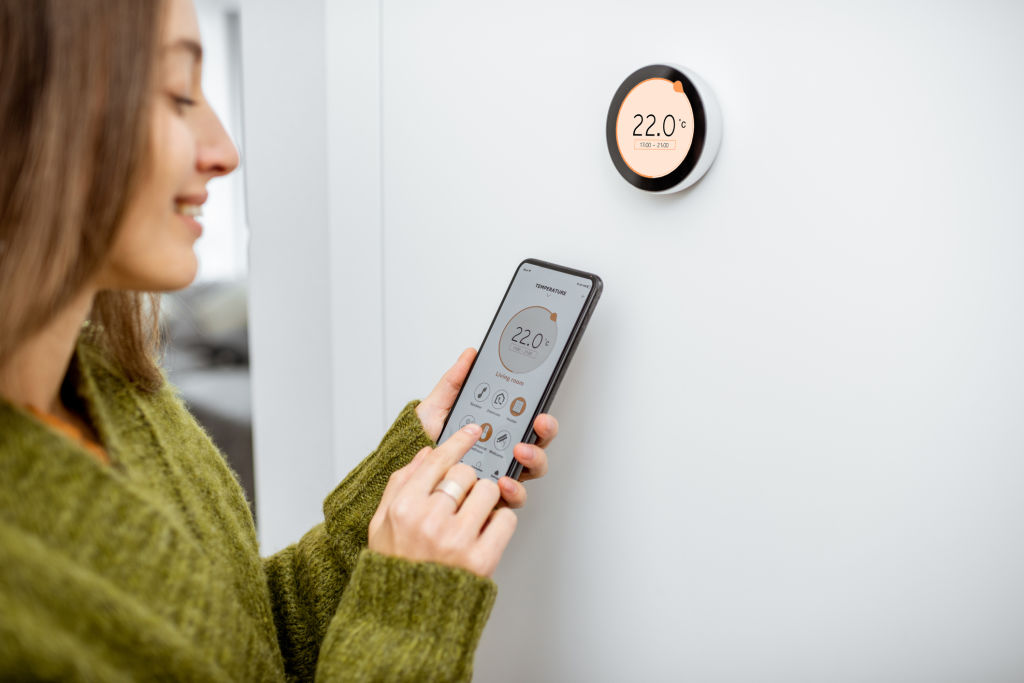
NSW
Discounted energy-efficient lighting
Financial help to replace halogen downlights with LEDs. Subsidies on the cost of LED bulbs and installation by an approved supplier. The NSW government Energy site claims you could save up to $210 a year by exchanging 20 halogen downlights for LEDs.
Rebate swap for solar
Eligible low-income residents currently receiving an energy rebate can swap the rebate for a free three kilowatt solar system or energy efficient upgrades.
Smart Distributed Batteries Project
Home owners in the councils of Shoalhaven, Eurobodalla, Bega, Queanbeyan-Palerang, Yass Valley, Snowy Monaro and Goulburn are eligible to apply for a sizeable discount off the purchase of a solar inverter/battery system. A condition is joining SolarHubs Virtual Power Plant.
Victoria
Heat pump and solar hot water system rebate
Up to $1000 towards purchase of an eligible heat pump or solar hot water system. Eligibility criteria and conditions apply. According to the government YourHome site, hot water systems account for around 21 per cent of total energy use.
Household energy efficiency incentives
Discounts and specials from accredited providers on appliances and products, including chimney dampers and vent covers, clothes dryers, double-glazed windows, fridges, freezes, heating and cooling, hot water systems, pool pumps, lighting, showerheads, standby power controllers, TVs and weather-proofing strips.
Solar battery interest-free loans
Interest-free loans (up to $8800) to purchase and install a battery. Eligibility criteria include having at least a five-kilowatt solar panel and inverter capacity, or installing one with the battery.
Solar panel PV rebate
Rebates of up to $1400 off solar panels plus the option of an interest-free loan for an amount equivalent to the rebate. Applies to existing homes, new constructions and rental properties.
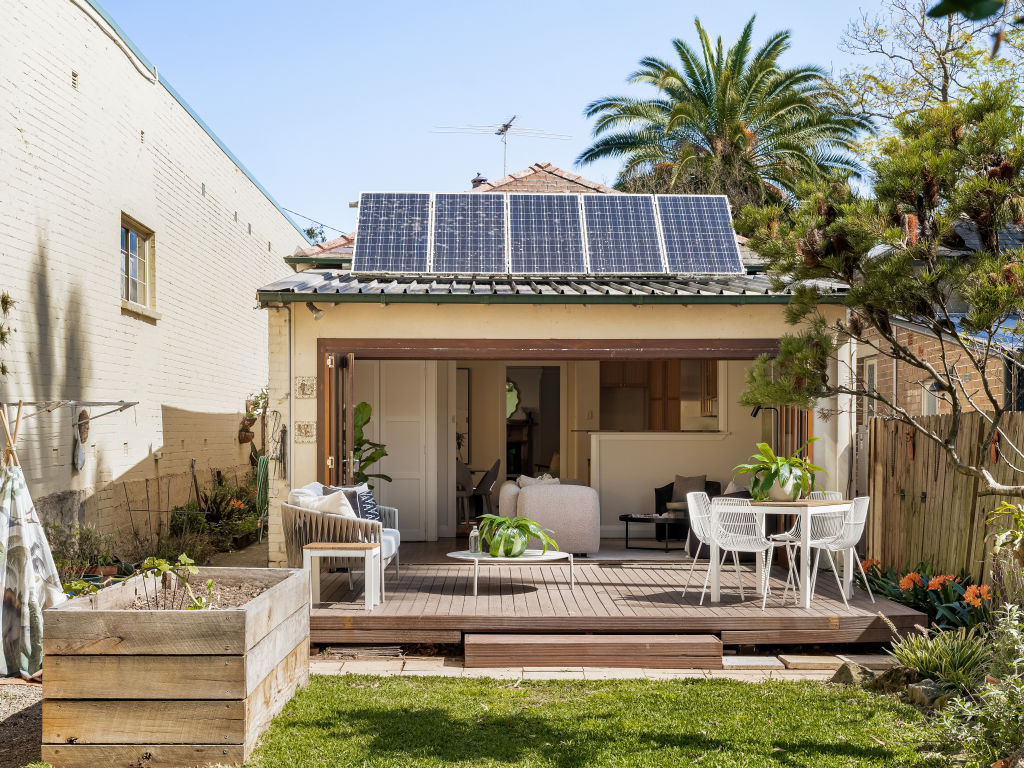
ACT
Sustainable household scheme
For those eligible, interest-free loans (from $2000 to $15,000) to buy and install energy-efficient products, including battery storage systems, electric heating and cooling, hot water heat pumps, electric stove tops, electric vehicles and chargers and ceiling insulation.
ActewAGL Heating and cooling upgrade rebate
A rebate of $1000 to upgrade from ducted gas heating to reverse-cycle air conditioning. Plus a credit of $500 off your electricity bill applied over three years. You must have an electricity plan with ActewAGL.
ActewAGL Energy-efficient electric water heater upgrade
Get $500 off the cost to purchase and install a new hot water heat pump, plus $250 credit (applied over three years) on your ActewAGL electricity bill. To be eligible you must have an electricity plan with ActewAGL. Heat pump water heaters, which draw natural energy from the atmosphere, use much less energy than other electric hot water systems.
Home energy support: rebates for home owners
Rebates for sustainable home upgrades for holders of Pensioner Concession Cards, Health Care Cards and Department of Veterans’ Affairs Gold Cards. Conditions apply.
South Australia
Sustainable technology installation rebates
Various rebates for those within the City of Adelaide municipal area for solar PV, appliance electrification, EV charging stations, water saving devices and home energy assessments.
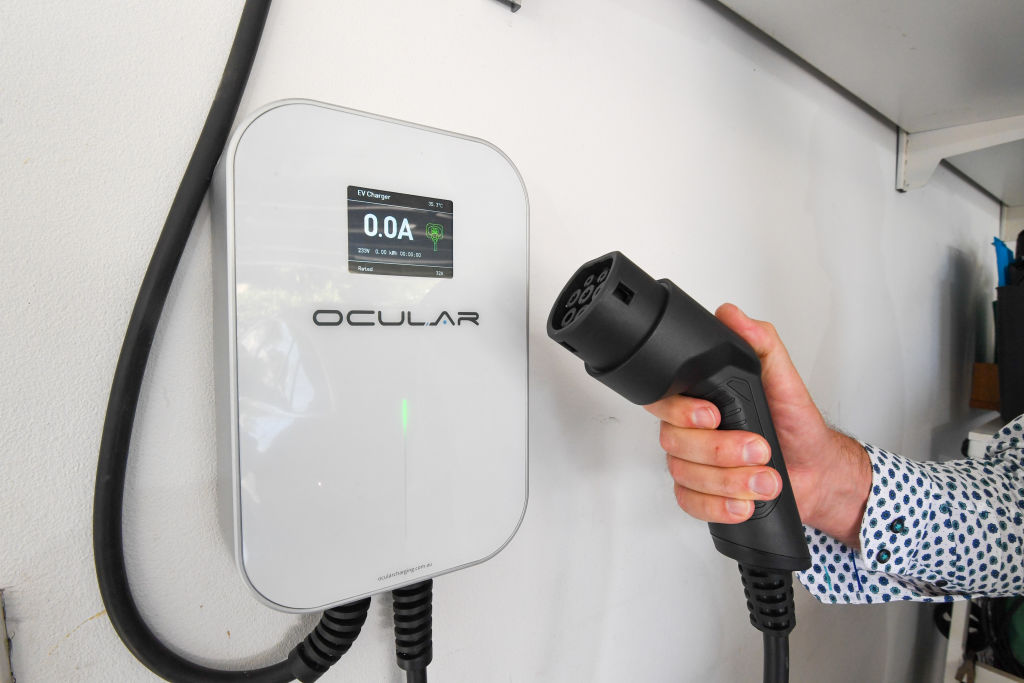
Northern Territory
Home and business solar PV and battery grants
Grants of $400 per kilowatt-hour of battery capacity up to a maximum of $5000. The grants can be used for solar PV, eligible batteries and inverters. Only for approved battery systems with virtual power plant capacity.
Electric vehicle charger grant
Grants of up to $1000 towards buying and installing an EV charger at your residential address.
Tasmania
No-interest energy saver investment loans
Interest-free loans for the purchase and installation of energy-efficient products. Loans from $500 to $10,000 for one to three-year terms.
If this isn’t helpful, or you’re a tenant, watch out for upcoming developments. According to a representative of the Department of Climate Change, Energy, the Environment and Water, this includes government investment in community solar battery banks that will help renters and apartment dwellers tap into the benefits. Also in the pipeline are interest-free loans for home owners to make energy-efficient upgrades.
We recommend
States
Capital Cities
Capital Cities - Rentals
Popular Areas
Allhomes
More
- © 2025, CoStar Group Inc.
